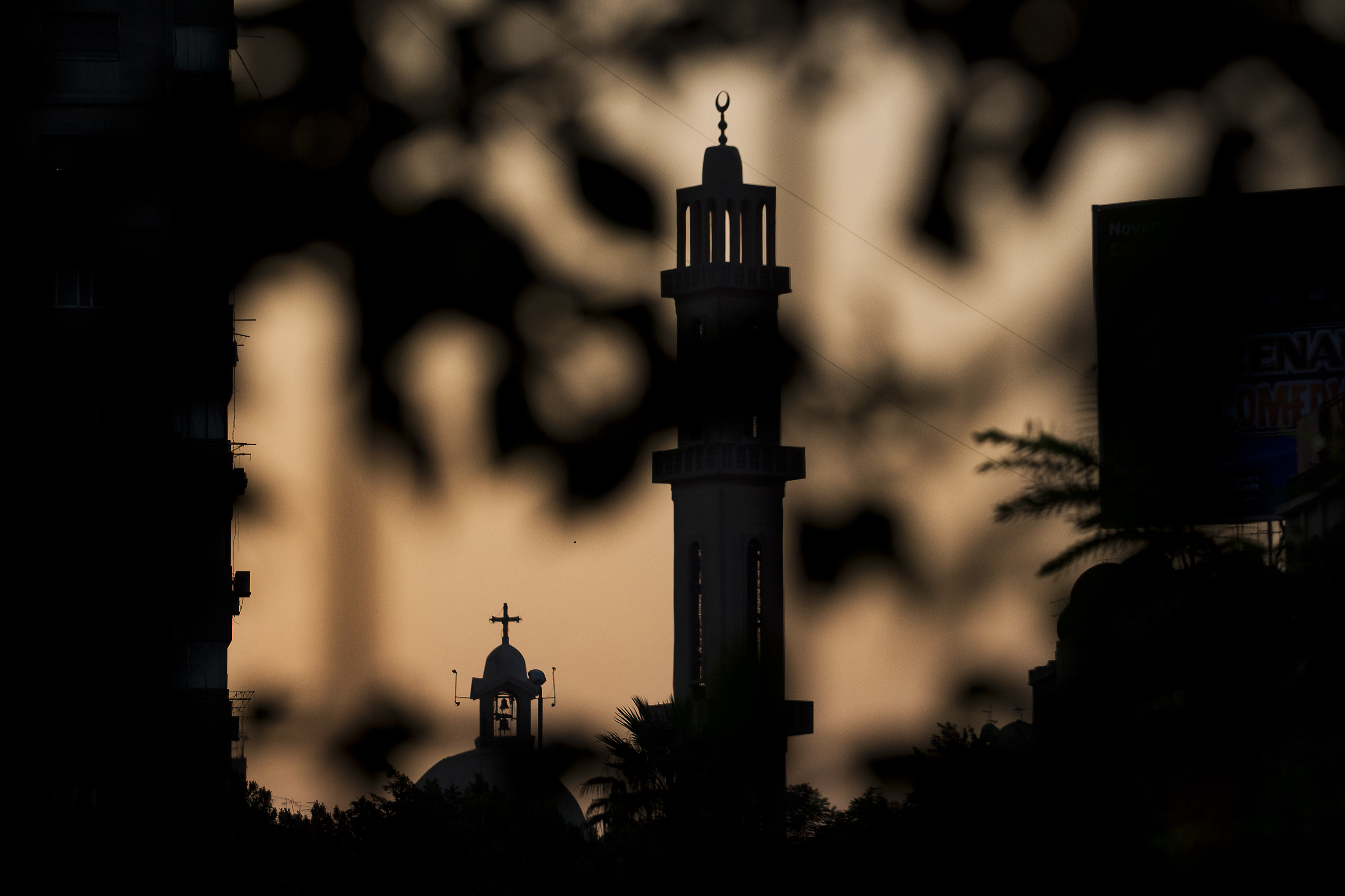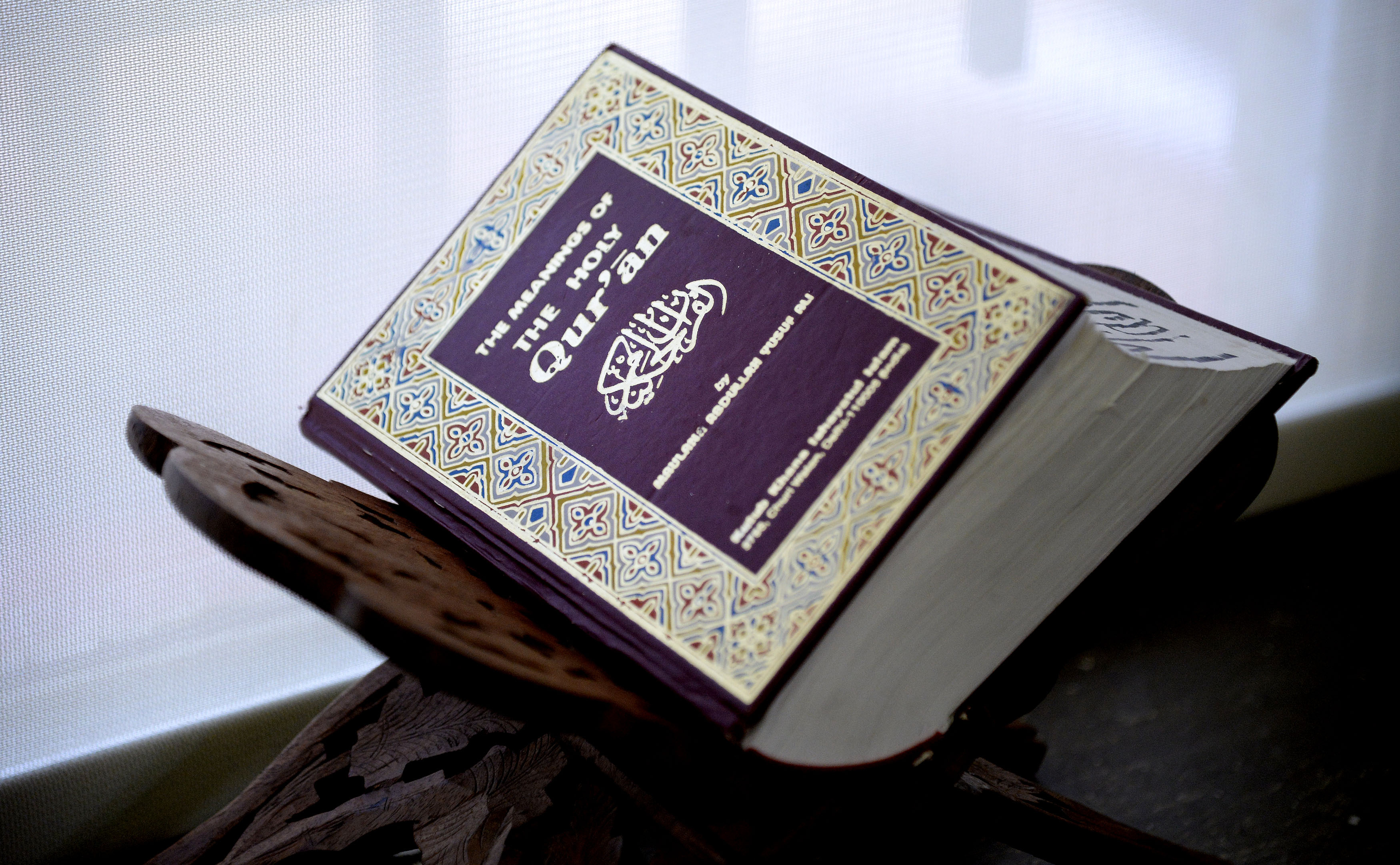‘But you do believe in God, don’t you?’
My elderly mother leans forward on the sofa as she asks, eyes fixed anxiously on me. After lunch that day in her living room, I’d started a heated argument with her about religious hypocrisy.
This wasn’t fair. My sister and I had grown up in a free-thinking household in Spain. We didn’t eat pork or drink alcohol, but that was it. No other religious demands were imposed on us.
As children, we knew we were Muslims. We also knew the short Quranic verses by heart because my mother used to read them to us at bedtime when we were young. My love of poetry grew from those nightly verses: a series of alliterative sounds and melodic lyrics that conjured up snapshots of an epic story that had started in the seventh century.
My sister and I had grown up in a free-thinking household in Spain. We didn’t eat pork or drink alcohol, but that was it. No other religious demands were imposed on us.
Back in the days
But it was not until the mid-eighties when I arrived to live in Jordan, that I learnt about Islam and life in a predominantly Muslim society.
Across the Middle East, the region of their spiritual birthplace, Muslims, Christians and Jews share not only a linked historical narrative, but also a common racial ancestry, cultures, rituals and beliefs.
Jordan, like many Arab countries, has a mixed ethno-religious of Christians and Muslims with various denominations, sects and levels of religious commitment.
Among my own extended family, friends and colleagues, Islamic religious practice took various forms: strict observance of all rules, observance of just the basic rules, occasional observance and … well, people like me, the ‘nominal’ Muslims. Of course, appearance was never a measure of religious devotion.
Of course, appearance was never a measure of religious devotion.

A secular Muslim finds cultural inspiration in Islam. Source: AP
Free flowing hair, skimpy bikinis or the presence of alcohol in a home did not indicate a lack of religious devotion. Open those wardrobes to find prayer mats; scan those bookshelves to find a well-thumbed Quran.
Back then, we lived and worked in a bazaar of creativity, ideas, discussions, analyses. We were secular, religious, undecided. We were Catholic, Protestant, Greek Orthodox, Druze, Shia, Sunni, Sufi. We were Jordanian, Armenian, Syrian, Iraqi, Circassian, Chechen, Palestinian, Bedu, Kurdish, Lebanese, Egyptian.
I had spent most of my life in Europe, but had experienced nothing like this high-energy mix of people with different histories and diverse spiritual and political beliefs, living in a strongly bonded community. I was in awe.
Free flowing hair, skimpy bikinis or the presence of alcohol in a home did not indicate a lack of religious devotion. Open those wardrobes to find prayer mats; scan those bookshelves to find a well-thumbed Quran.
Another world history
Doctrine always left me cold. History, on the other hand, enthralled me. Over the decades, I dipped in and out of the history books on Islam.
Here was the narrative of the birth of civilisation in Mesopotamia and Persia, the birth of Islam in Mecca, and the spread of Islamic civilisation across the Middle East and Far East, and west across North Africa and Spain.
At its roots, Islam was a civilisation with a social commitment, egalitarian in nature, which saw Christianity and Judaism as integral parts of its historic, social and cultural .
It was a civilisation that propelled advances, created visual and literary and ignited philosophical that Europe – then in the dark ages – later expanded on.
It was also a civilisation that became divided among itself and having lost its way, fell into the chaos cooked up by imperialism, colonialism and, more recently, by the senseless aggression of US-led invasions.
The quiet, unobtrusive religion I was born into and which I had experienced within an inclusive, tolerant and progressive social setting, was being maligned.
Safe journeys
I moved back and forth between Australia and Jordan over the decades. In 2016, I was in Melbourne again.
Anti-immigration sentiment made it feel like 1996, but this time it was Muslims, not Asians, who were the target of racism and hate. An uninformed reactionary political sect was up in arms over , a in Bendigo and the new Muslim .
The quiet, unobtrusive religion I was born into and which I had experienced within an inclusive, tolerant and progressive social setting, was being maligned.
Then, out of the blue, someone asks if I identify as a Muslim. ‘Well,’ I reply, ‘at a cultural level, yes.’
Is there such a thing as a ‘cultural Muslim’? Or a ‘cultural Christian’? Like other religions, Islam is practised all over the world. Religious custom is soaked in the cultures it inhabits. But is the reverse also true?
Like other religions, Islam is practised all over the world. Religious custom is soaked in the cultures it inhabits. But is the reverse also true?

Due to a habit instilled in childhood by a flight-wary, itinerant mother, I whisper the fatiha – the short opening verse of the Quran – when I board planes. Source: ABACA USA
What religious habits had filtered into my cultural existence?
At first subconsciously and then deliberately, I find myself saying inshallah to express hope, and alhamdillah when one of life’s dark clouds had passed.
Due to a habit instilled in childhood by a flight-wary, itinerant mother, I whisper the fatiha – the short opening verse of the Quran – when I board planes.
Why? To keep the plane safe, of course. Because who doesn’t want a safe journey for themselves and for others?
Wait a minute…
Back in my mother’s living room, it’s suddenly clear what she really wants: assurance of my safe afterlife journey.
‘But you do believe in God, don’t you?’
Eyes still fixed on me, she’s waiting for an answer.
I try willing the loudspeakers of the nearby mosque to make the call to prayers and distract my mother away from her current mission. Ah, there – nope, only the discordant chimes of the watermelon van.
‘Don’t we need watermelons, mama?’
But she’s not looking at me any more.
‘Actually,’ she says, ‘I don’t want your answer. Because the Islam I know is about what you really are, not what you say you are.’
Shaun Micallef's Stairway to Heaven, episodes one to three, are now available to watch on





